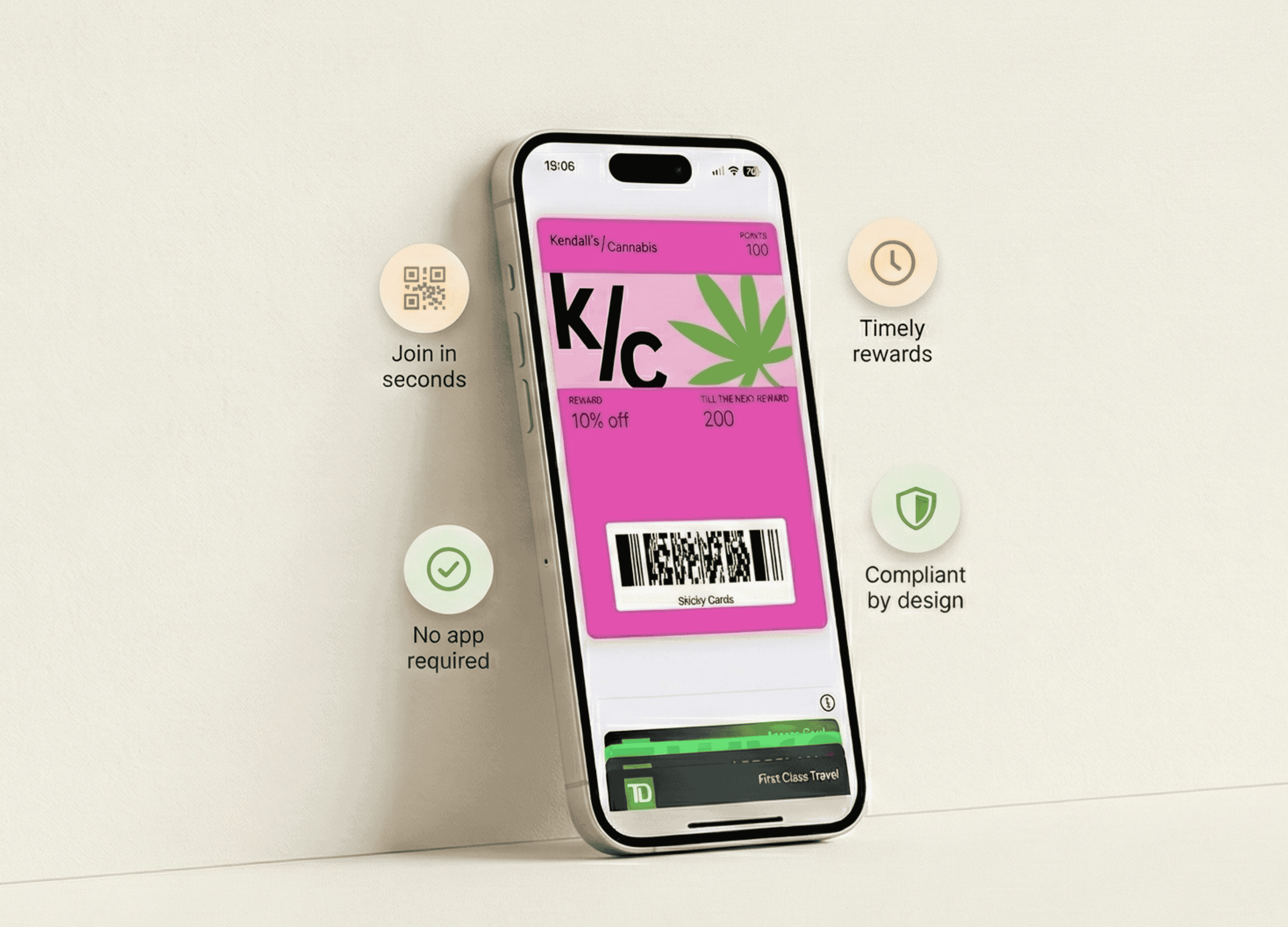Cannabis marketing in 2025 isn’t one-size-fits-all — and state laws are the reason why.
From California to New York, cannabis laws vary dramatically by state. What’s perfectly legal marketing in one state could get you fined (or shut down) in another. For dispensary marketers, this means staying compliant isn’t just a box to check — it’s the difference between growth and risk.
Whether you're running one store or scaling across multiple markets, knowing the cannabis laws by state is essential for effective and compliant marketing.
Why Cannabis Marketing Laws Vary So Much by State
Cannabis is still federally illegal in the U.S., so it’s up to each state to set its own rules. This includes:
Where and how you can advertise
What kind of promotions are allowed
Age restrictions and verification
SMS, email, and push messaging rules
Packaging, labeling, and public messaging
And it's not just the state — local jurisdictions (like counties and cities) can layer on even more restrictions.
Common Marketing Restrictions You Need to Watch
Here are some rules that show up across many state cannabis laws — and how they impact dispensary marketing:
Age-Gated Content Is a Must
You must prevent access to cannabis marketing content by anyone under 21. This applies to websites, emails, SMS, and social media.
Pro tip: Sticky Cards uses built-in age gating and geo-fencing so your push notifications stay compliant — no matter the state.
No Targeting Minors
Using imagery, colors, or language that could appeal to kids (think cartoons, candy-style branding, or slang) is banned in most states.
Restrictions on Where You Can Advertise
Many states prohibit cannabis ads near schools, parks, or public transit. Billboard usage and digital ads also have tight rules.
Claims Must Be Backed by Science
Health claims or promises (like “cures anxiety” or “sleep guaranteed”) can trigger compliance violations unless backed by verified data.
State-by-State Highlights Marketers Should Know
Let’s look at key differences in cannabis marketing laws across major markets:
California: Allows more freedom in digital marketing, but enforces strict child-appeal and billboard placement laws.
Colorado: Strong regulations on social media content and youth targeting.
New York: Prohibits cannabis ads on radio, TV, and public transit. SMS campaigns are tightly regulated.
Washington: Pushes strict rules for digital marketing and packaging claims, with high enforcement.
Michigan: Allows loyalty programs but requires disclaimers and customer data privacy controls.
Sticky Cards supports compliant marketing across all legal states by tailoring messaging tools and campaign strategies to local laws.
How Sticky Cards Keeps Your Loyalty Marketing Compliant by State
If you’re using outdated tools like SMS blasts or generic loyalty apps, you might already be at risk. Sticky Cards gives you a smarter, compliant path forward.
Built-in Age Verification & Geo-Fencing
We help ensure messages only reach verified adult users in states that allow push-based cannabis marketing.
Push Notifications Without Carrier Hassles
Skip the SMS traps. Our Wallet-based push notifications land on the lock screen without violating local marketing laws.
Fully Customizable Branding
Stay within guidelines while still promoting your brand. Sticky Cards allows complete control over your loyalty card design and messaging.
Compliance-Savvy Support
We track regulatory updates and help you stay ahead of state-by-state rule changes so you can focus on growing, not worrying.
The Bottom Line: Marketing Smarter Means Marketing Legally
If you want to grow your dispensary brand in 2025, you need more than a marketing plan — you need a compliant marketing strategy tailored to each market.
Sticky Cards helps cannabis retailers engage more customers, stay compliant across state lines, and build brand loyalty — without the risk of regulatory trouble.




